The day Princess Anne was almost kidnapped on The Mall — 50 years on
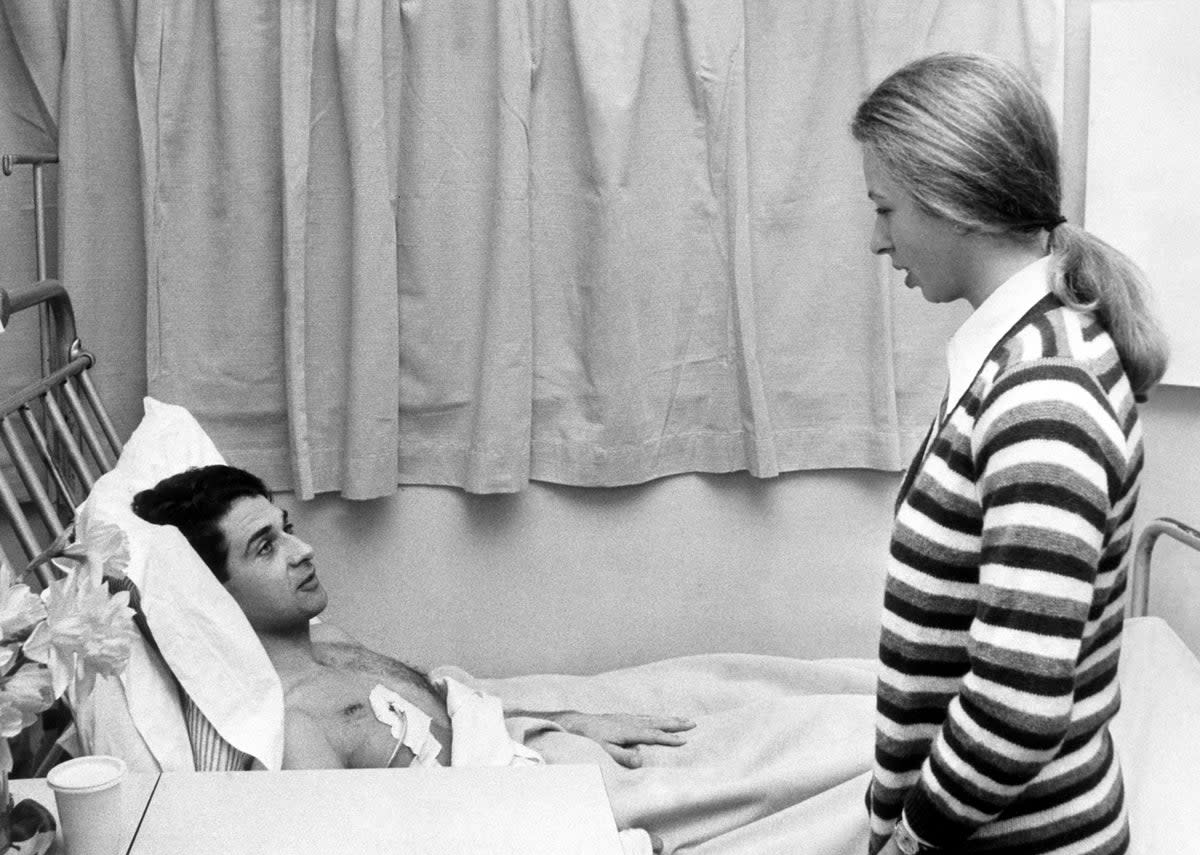
“Your daughter has been kidnapped. The following are conditions to be fulfilled for release.”
In March 1974, Ian Ball used a rented typewriter to haphazardly type a letter intended for the then-head of state, Queen Elizabeth II. Ball, 26, a funeral home worker, demanded £3 million — to be paid in £5 notes — in exchange for the return of the Queen’s daughter, Princess Anne.
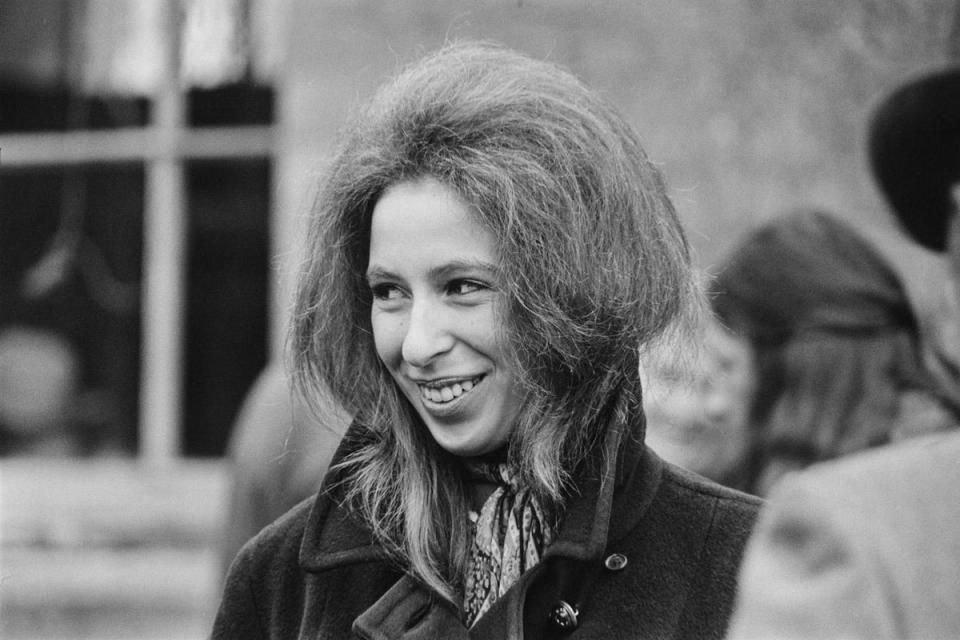
After becoming fixated with the 23-year-old princess, he spent two years hatching an elaborate plan to kidnap her.
Today (March 20) marks the 50th anniversary of Ball’s kidnap attempt — one of the most bizarre and disturbing episodes in British royal history.
Valium tranquilisers, handcuffs, and a ransom letter — the elaborate plot
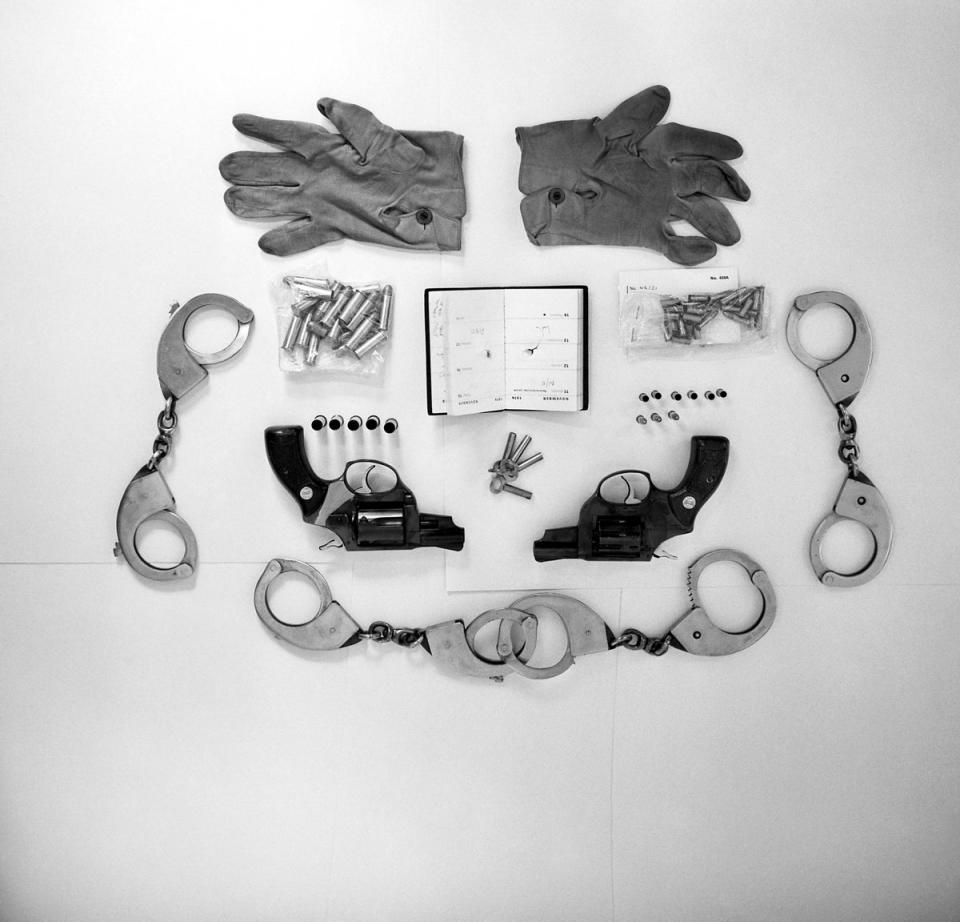
A “loner”, Ball had been inspired to hatch his elaborate kidnap plot by the novel Day of the Jackal. He wanted to follow in the footsteps of the book’s hero, the contracted assassin the Jackal.
“He was a very strange man,” Ball’s neighbour later said. “The only time he ever went out was when he went down to the launderette or went out for some food.”
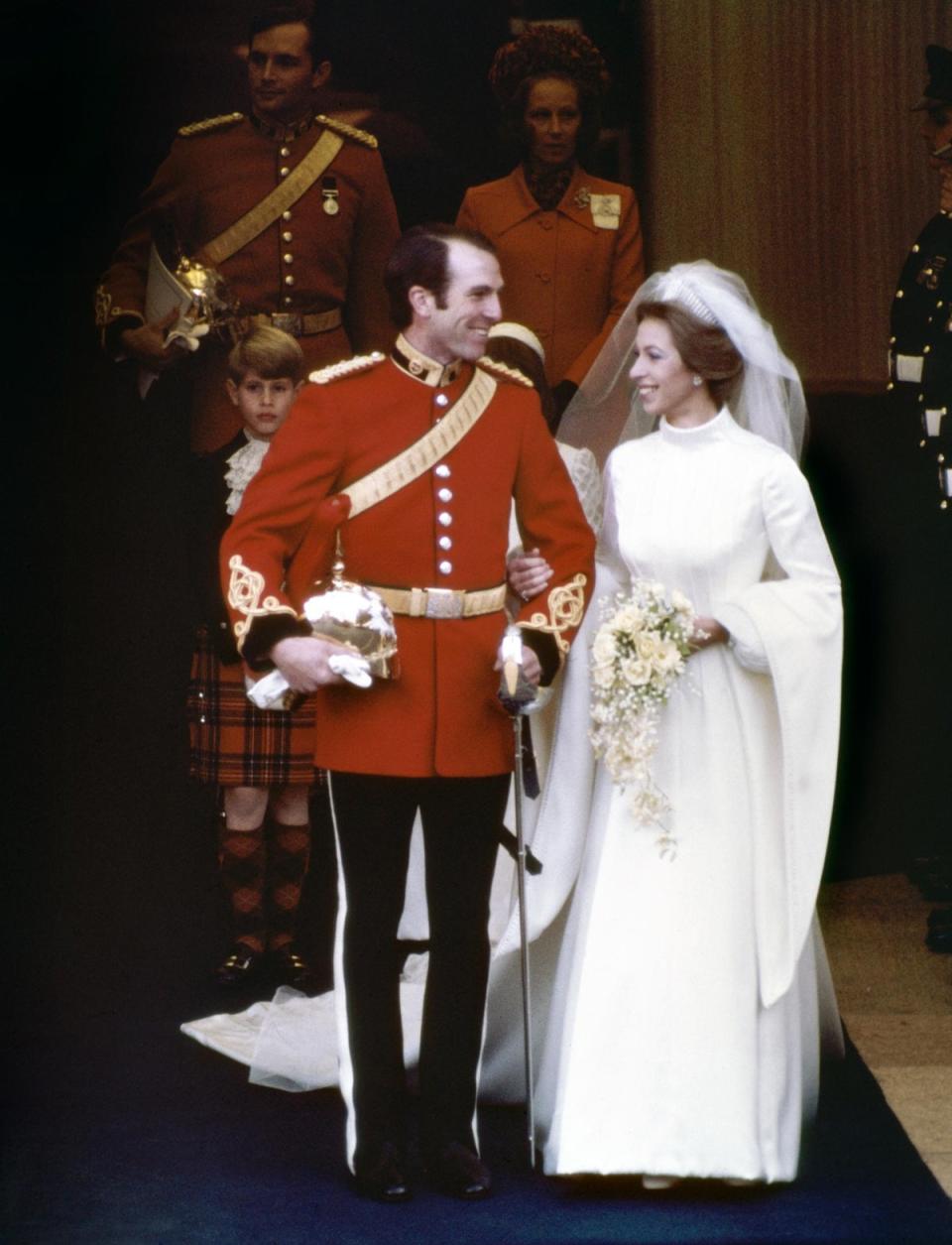
It was thought that he had developed a “fixation” on the royal, whipped up by the widespread and lavish coverage of her wedding to Captain Mark Phillips the previous year.
As part of his plan, Ball had moved from his run-down flat in Bayswater to a lush rented house in Fleet, Hampshire. It was only a few miles from Sandhurst, where Anne lived with her then-husband Phillips.
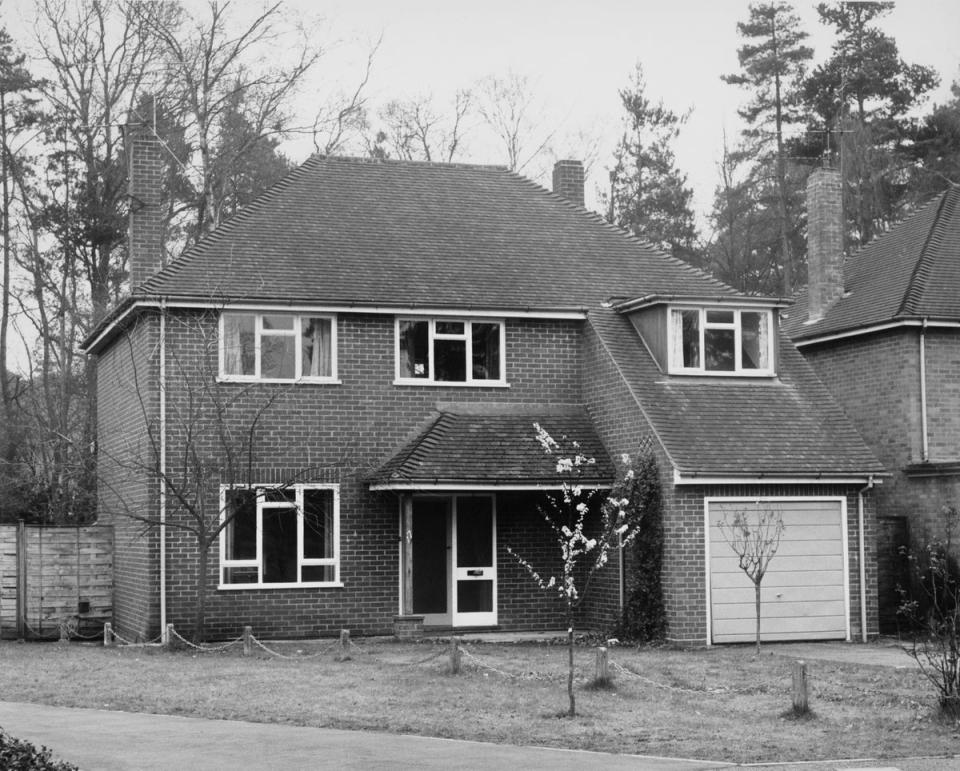
After a quick phone call to the Buckingham Palace press office, Ball knew which engagements and events Anne attended each week. He rented a car under the alias John Williams, stocking the boot with Valium tranquilisers and two pairs of handcuffs.
‘Open or I’ll shoot!’ — the attempted kidnap
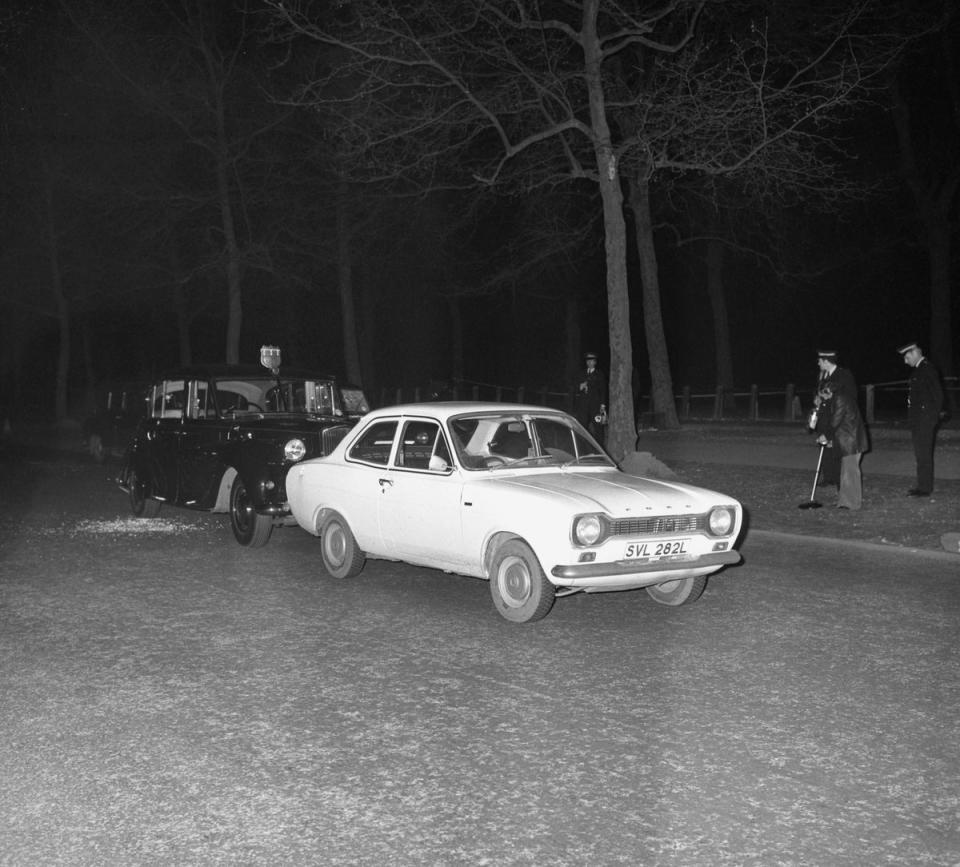
On the evening of March 20, 1974, Anne was travelling back to Buckingham Palace in an Austin Princess limousine. She had attended a screening of Riding Towards Freedom, a documentary by the charity Riding for the Disabled.
Captain Phillips, her bodyguard James Beaton, and her lady-in-waiting Rowena Jane Brassey, were also in the car driven by royal chauffeur Alexander Callender.
At around 8pm, as the group drove up The Mall, a white Ford Escort swerved in front of the limousine, forcing Callender to stop. Then a 31-year-old inspector, Beaton, who had been Anne’s bodyguard for a year, got out to investigate. “I thought it was somebody who wanted to be a pain in the neck,” he later said. “There was no hint of what was to happen.”
Suddenly, a bearded man with light red hair jumped out of the vehicle and pulled out two handguns, smashing the passenger window with the butt of one.
Beaton had not even had the chance to pull out his weapon when he was shot in the shoulder. He then attempted to fire back at Ball — but missed. Upon a second attempt, his gun — a Walther PPK — jammed.
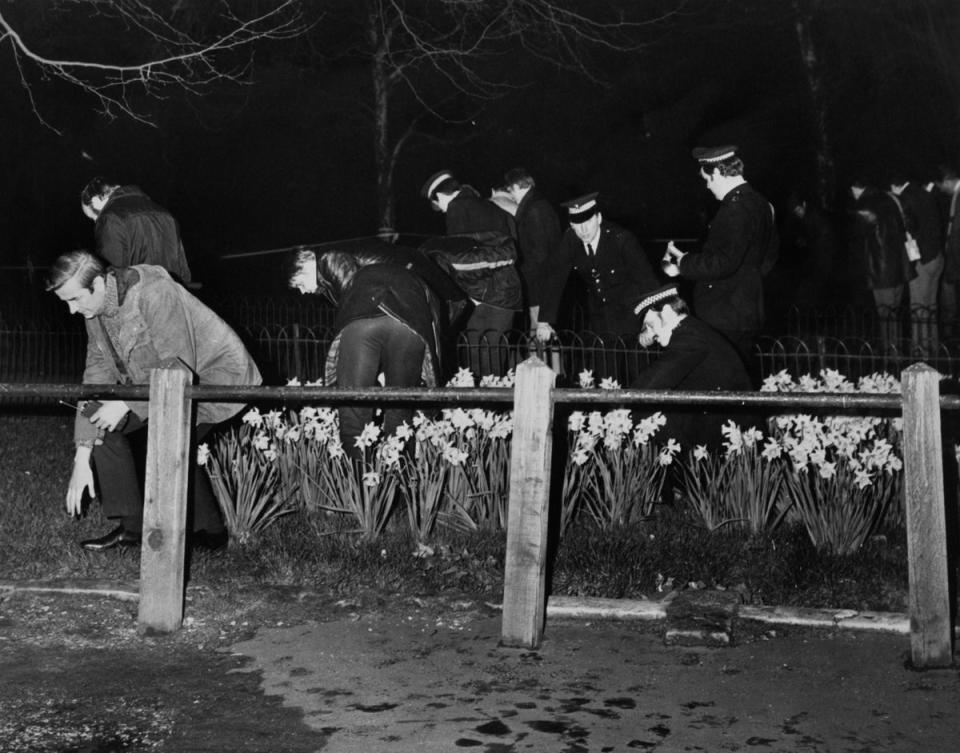
Ball turned to the passenger door behind the driver’s seat and started shaking it. Anne was sat on the other side. “Open, or I’ll shoot!” he shouted.
As the princess and Captain Phillips desperately tried to hold the door closed, Anne’s lady-in-waiting crawled out of the door on the passenger side. Beaton got back in the car, placing himself between the couple and their assailant.
Ball shot into the car, and Beaton’s hand deflected the bullet. He shot the bodyguard a third time, hitting Beaton in the abdomen and causing him to fall from the vehicle. “I felt tired and very drunk, although I hadn’t been drinking,” Beaton later told police. “I just wanted to lie down.”
‘Not bloody likely!’ — Princess Anne’s famous response
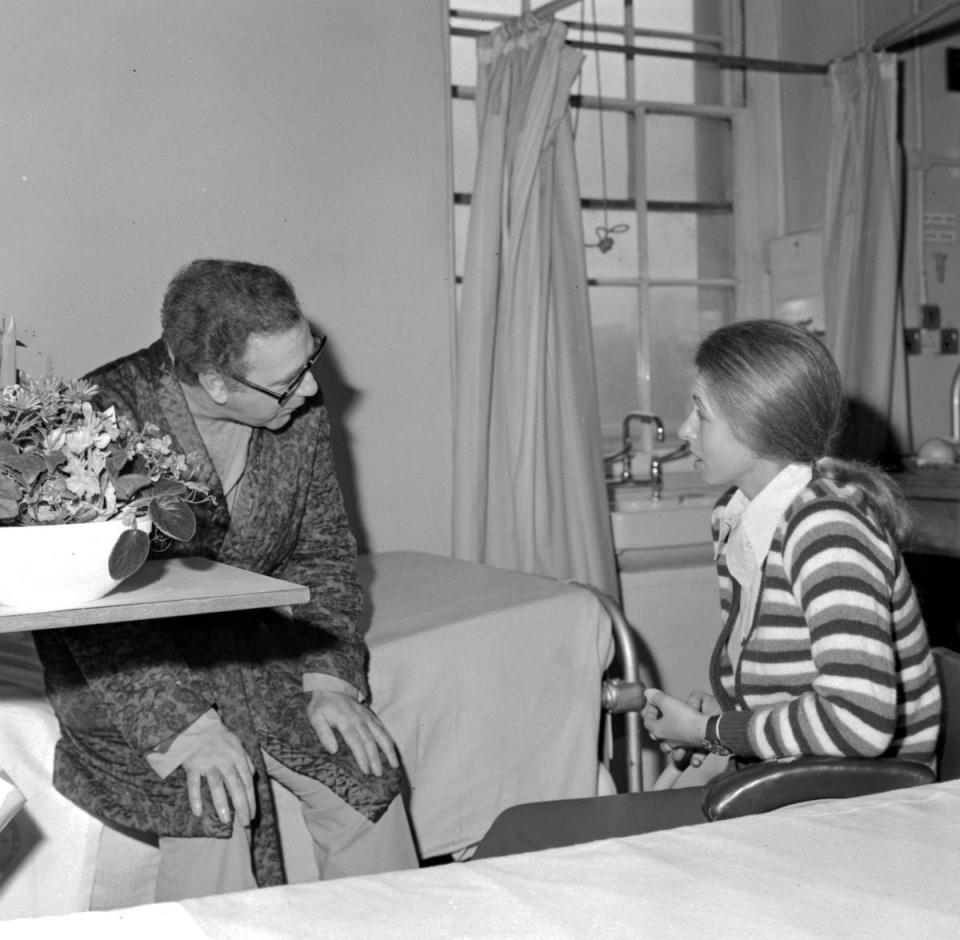
Callender stepped out to confront the gunman, but Ball shot him in the chest and he fell back into the car. Pulling the door open, Ball grabbed Anne’s forearm as her husband held on to her waist.
“Please, come out,” Ball reportedly told the princess. “You’ve got to come.”
As the pair struggled over Anne, her dress ripped, splitting down the back, which she later recalled prompted her to “lose her rag”. But, rather than panic, she had what she described as a “very irritating conversation” with her potential kidnapper.
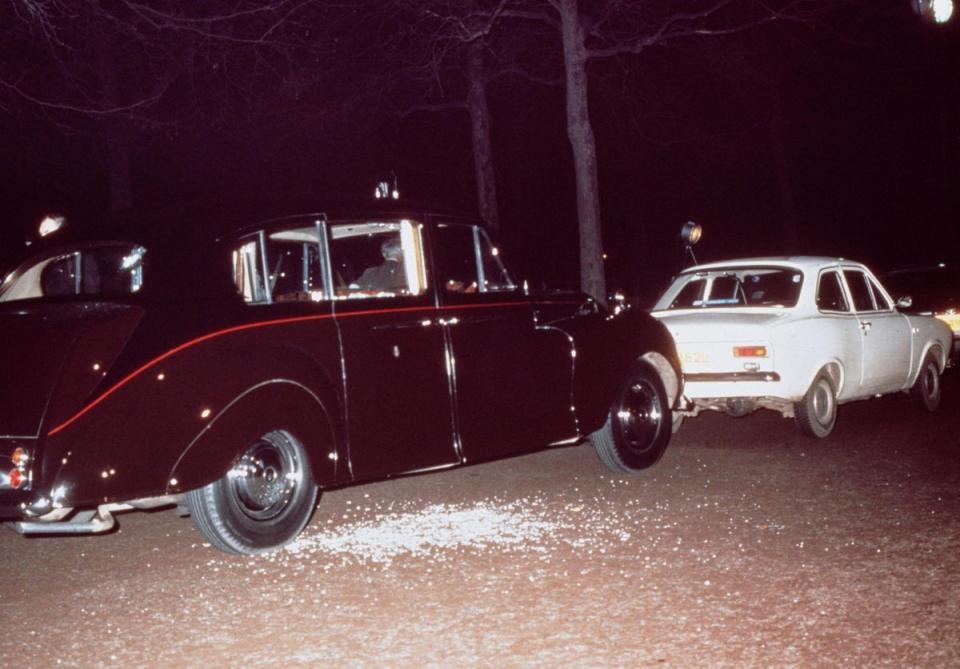
Unbelievably calm despite the commotion, Anne famously replied: “Not bloody likely!”
In an interview with the late television presenter Michael Parkinson, she recalled: “He [the gunman] opened the door and we had a discussion about where — or where not — we were going to go.
“I said I didn’t think I wanted to go. I was scrupulously polite because I thought it would be silly to be too rude at that stage.”
A fortuitous intervention from boxer Ronnie Russell
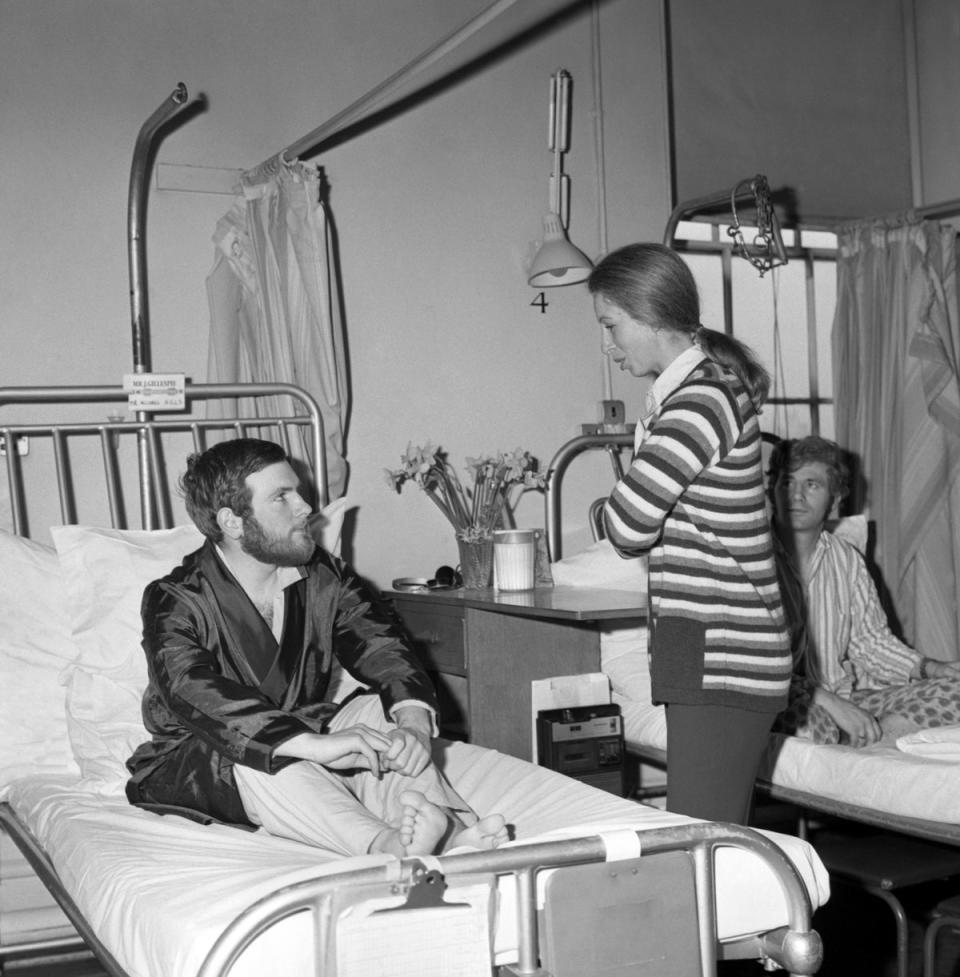
A nearby tabloid journalist, Brian McConnell, arrived on the scene. Recognising the limo’s insignia, he realised the commotion must have involved a royal family member.
“Don’t be silly, old boy,” he told Ball. “Put the gun down.” Ball responded by shooting him too and McConnell collapsed bleeding onto the road.
A man named Ronnie Russell drove past at this point. He was on his way home to Strood, Kent, from working as an area manager for a cleaning company in London. In a stroke of incredible luck, Russell happened to be a former boxer. He had cut his cloth at the Repton Club in east London, an infamous venue sponsored by the notorious Kray twins.
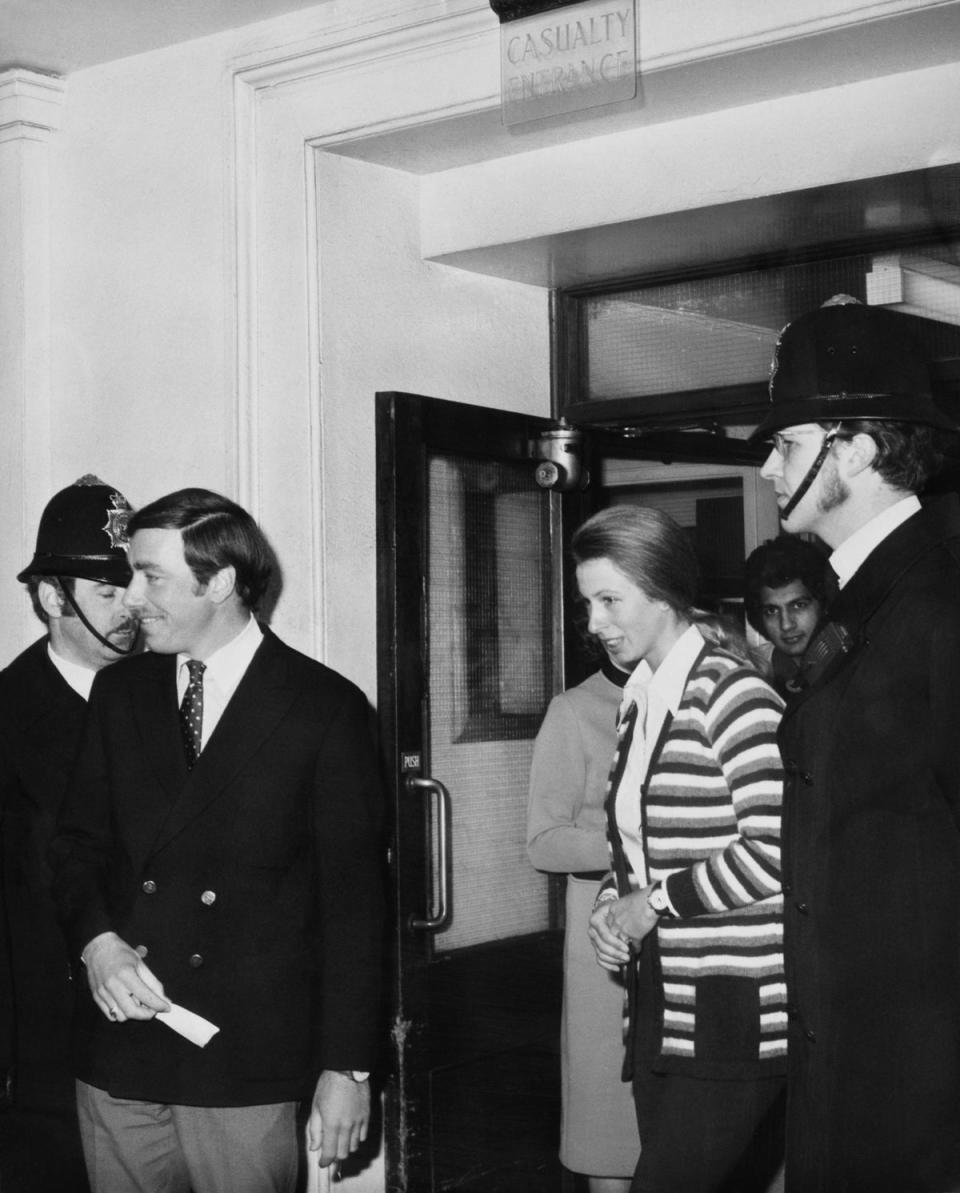
Jumping out of the car, Russell punched Ball twice in the head before leading Anne and her lady-in-waiting away from the attacker. He later explained he “did not like bullies,” which prompted his decision to intervene.
Despite being injured, Ball still shot the first police officer to arrive on the scene, Constable Michael Hills, 22, before running off.
Detective Constable Peter Edmonds, who answered Constable Hills’ radio request for backup, chased Ball down The Mall and through St James’s Park before tackling him on the ground.
‘I had thought about it for years’ — the trial and Ball’s confession
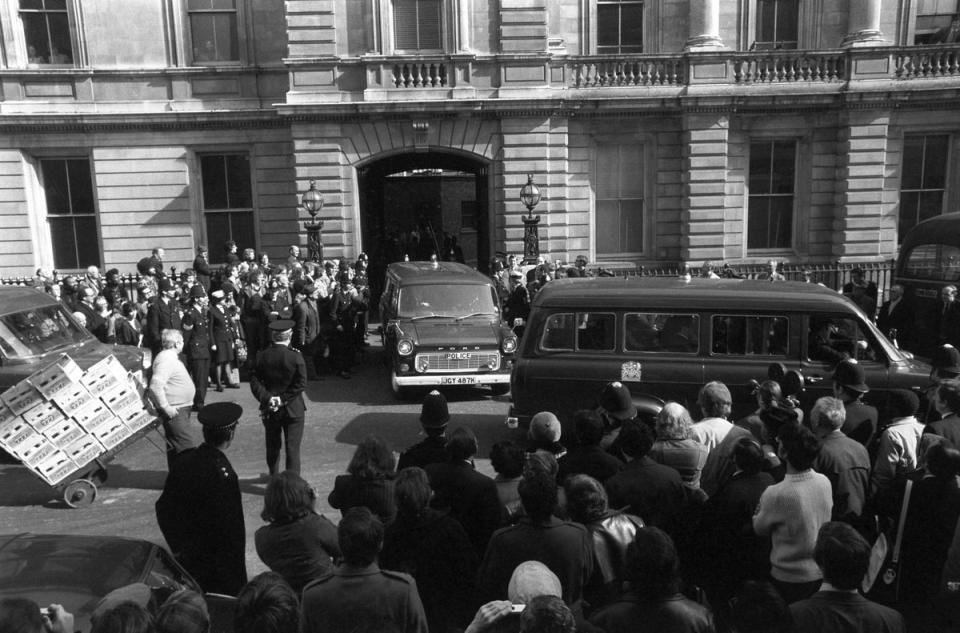
At Ball’s Old Bailey trial in May 1974, more details came to light about the plot. Ball kept his head lowered for most of the proceedings, only uttering the word “guilty” to confirm the charges of attempted murder and kidnapping.
In his pocket, detectives had discovered the kidnap note addressed to the Queen which demanded the £3 million ransom (the equivalent of £26 million today), a free pardon, and a plane to fly him to Switzerland. He had planned to take the princess to a central London property he had rented under an alias.
In a police interview, Ball also said he believed Anne would be an easy target after ascertaining her whereabouts by phoning the Buckingham Palace press office.
“I had thought about it for years,” he said. “She would have been the easiest. I have seen her riding with her husband.”
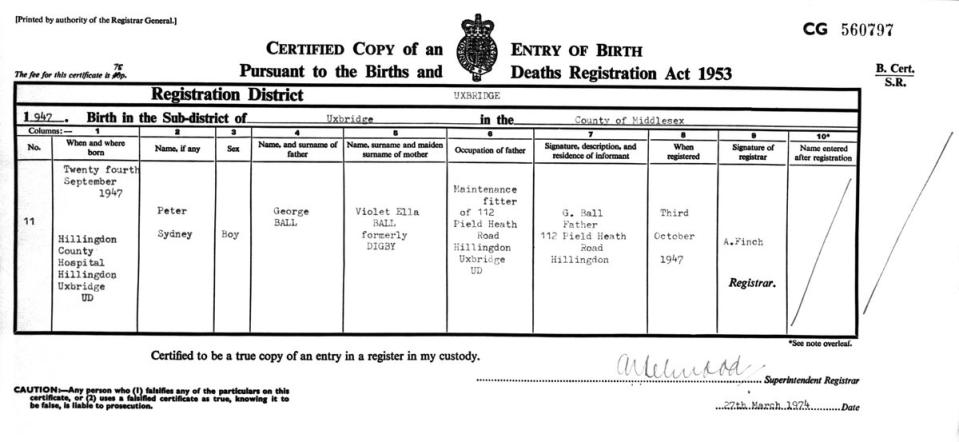
Ball also showed no remorse for having shot three men on the night of the attempted kidnap.
“They were getting in my way so I had to shoot them,” he said. “Well, the police, that's their job. They expect to be shot. I took a chance of getting shot so why shouldn't they?”
He added: “I suppose I’ll be locked up for the rest of my life. I am only sorry I frightened Princess Anne. There is one good thing coming out of this: you will have to improve on her protection.”
Ball was diagnosed with schizophrenia following the trial and sentenced to a mental health facility under the Mental Health Act, “without limit or time”.
He remains in the Broadmoor Hospital in Berkshire to this day. The facility has been home to a series of notorious criminals, including serial killer Peter Sutcliffe and London gangster Ronnie Kray.
More protection, better guns, and a George Cross — the aftermath
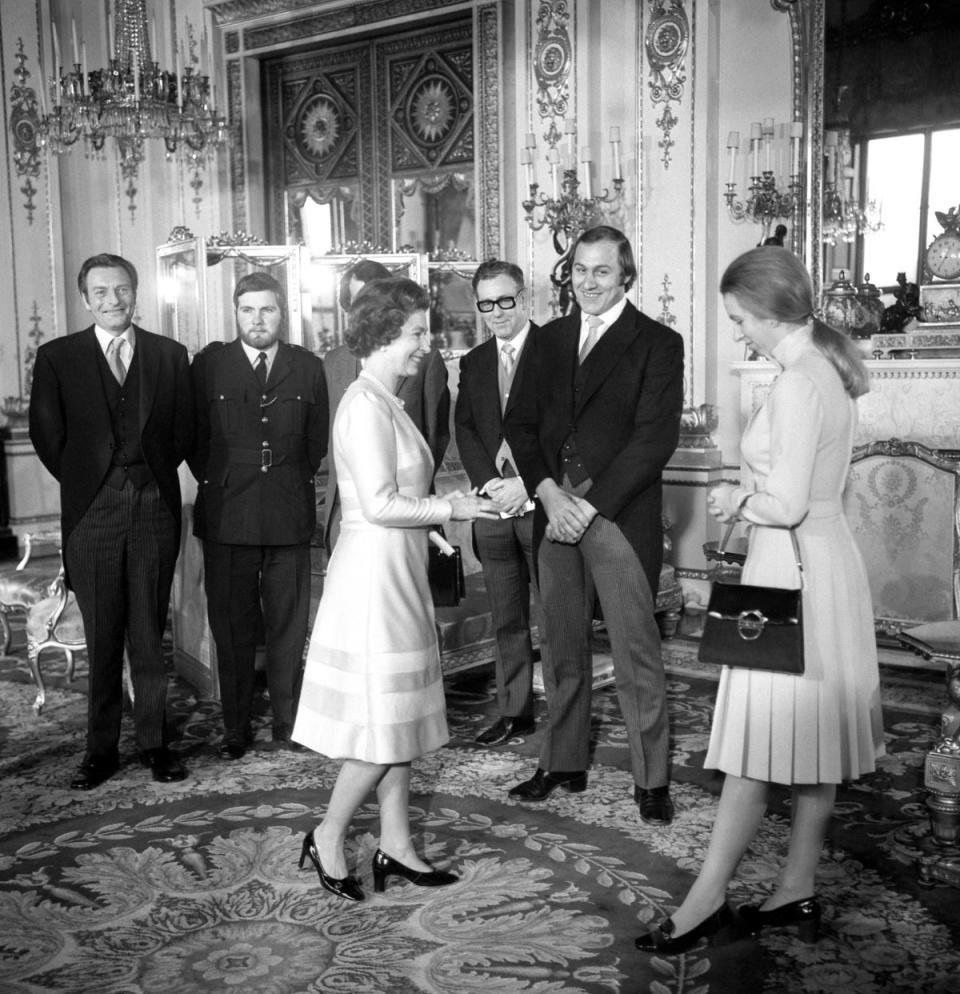
Immediately after the attack, the royals ceased having only one protection officer. When Anne visited Beaton in hospital, “she turned up with two policemen,” her bodyguard said. “From then on, that’s what it was.”
“I had nothing…There was no back-up vehicle,” Beaton told The Times separately. “The training was non-existent; but then again, [we thought] nothing was going to happen. They are highly specialised now, highly trained.”
Beaton continued to work for Anne for another five years — before the Queen employed him.
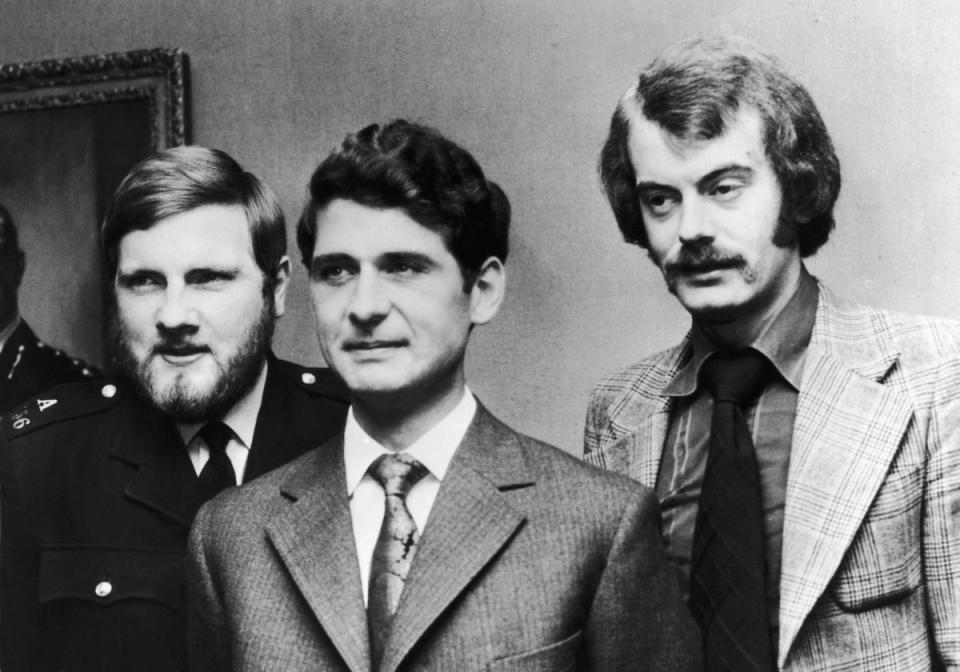
After Beaton’s weapon jammed, the type of guns used by bodyguards were also changed: “The Walthers were got rid of overnight.”
Beaton was honoured for his bravery, receiving the George Cross — the UK’s highest civilian honour for gallantry.
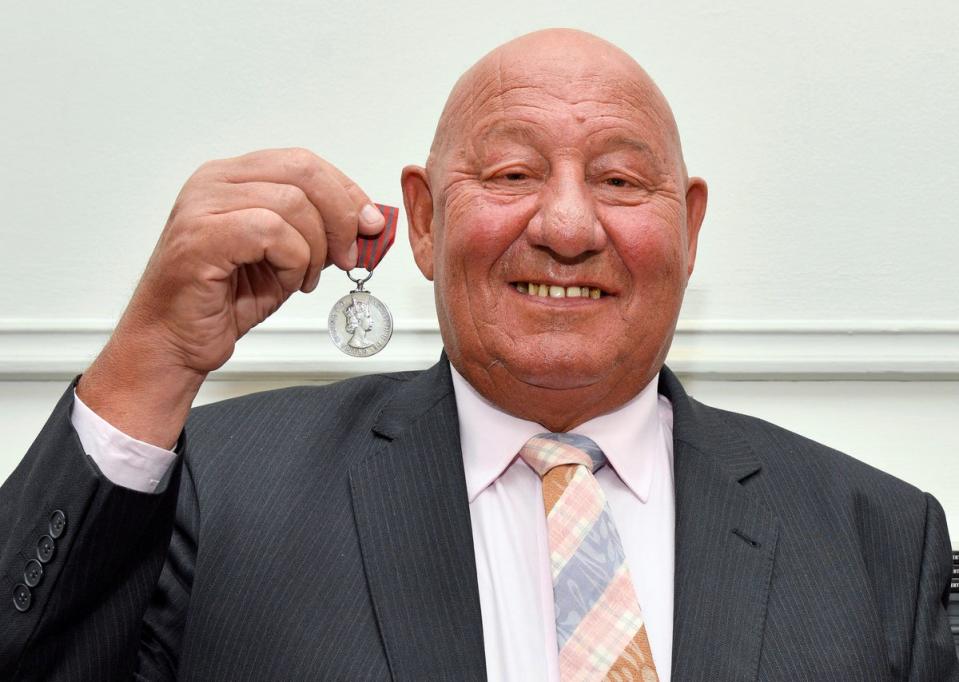
Russell also received the honour. In a 2006 interview, Russell recalled what Queen Elizabeth said as she presented his George Medal: “The medal is from the Queen of England, the thank you is from Anne’s mother.”

 Yahoo News
Yahoo News 
